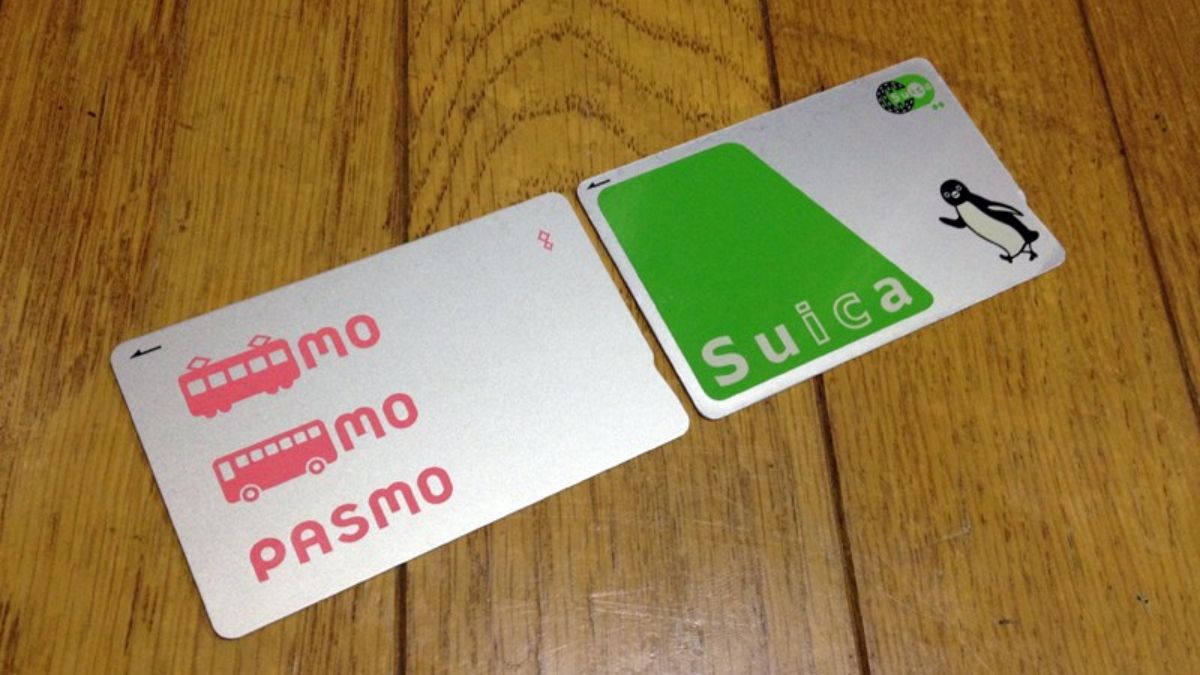JR East announced on Tuesday that it will restart sales of Suica and PASMO IC cards on September 1, following a year-long suspension caused by a global semiconductor shortage. The shortage halted sales of these essential transit cards in August 2023, impacting millions of commuters and tourists across Japan.
Suica and PASMO cards serve as prepaid travel passes for Japan’s extensive rail and bus networks and are also widely used as digital wallets for purchases at stores and vending machines. While mobile versions of the cards and limited-edition “Welcome Suica” cards for tourists remained available during the suspension, many regular users were left without convenient access to the cards, leading to widespread frustration.
The resumption of sales will begin with personalized Suica cards, which require users to register personal information such as their name and contact details. JR East has not yet confirmed when anonymous cards, popular for their ease of use and privacy, will return to the market.
The semiconductor supply recovery has brought relief to both commuters and the railway industry, with JR East planning to make the cards more readily available in major transit hubs throughout Tokyo. The “Welcome Suica” cards for tourists will also be expanded, offering easier access to the country’s public transportation system.
However, the situation for PASMO card users remains uncertain. While JR East has confirmed the restart of Suica card sales, the Tokyo-based PASMO operator has not yet announced a similar timeline for resuming their card sales. Both systems are integral to daily transportation in Japan, and the anticipated return of these cards signals a step toward restoring normalcy in the country’s transit infrastructure.

